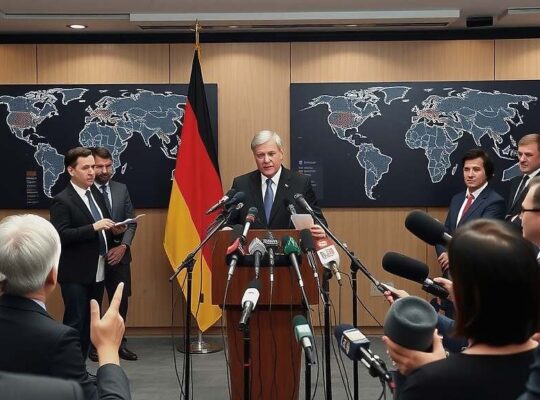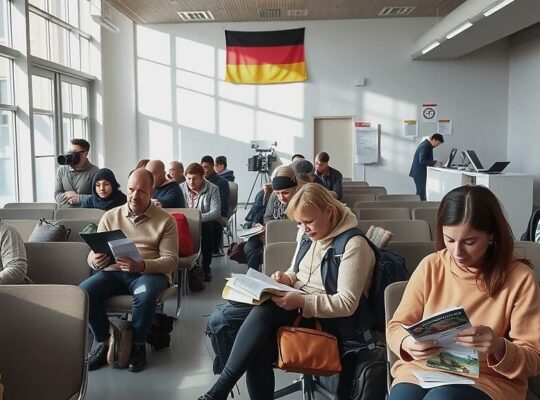Concerns regarding the impact of heightened border controls between Poland and Germany have prompted calls for a reassessment of current policy. Representatives from German business organizations had previously voiced anxieties about potential negative consequences stemming from the increased scrutiny.
Sebastian Fiedler, the SPD’s spokesperson for interior policy, has now urged Alexander Dobrindt, the Federal Interior Minister (CSU), to reconsider the approach. Addressing the “Handelsblatt”, Fiedler stated that gridlock and extended wait times are unacceptable and that alternative solutions exist. He emphasized the superiority of joint patrols involving German and neighboring country police forces, deeming them more targeted and efficient than unilateral German action. “European security and migration challenges must be addressed at the European level, not through national measures” Fiedler asserted.
The concerns initially arose from criticism levied by the German Chamber of Industry and Commerce (DIHK) and the Foreign Trade Association (BGA), who deemed the new controls counterproductive. Poland introduced the intensified border controls in response to Germany’s own tightening of border procedures, which began in May. At that time, the Federal Police began rejecting asylum seekers at all borders – a practice subsequently ruled unlawful by a court.
Fiedler reiterated the paramount importance of strong collaboration with European neighbors. He acknowledged the coalition agreement’s provision stipulating continued border controls at German EU internal borders until the external border protection is robust and the new GEAS regulations are implemented.
Conversely, the Alternative for Germany (AfD) has voiced support for the stricter border policies. Bernd Baumann, First Parliamentary Spokesperson of the Bundestag faction, cited statements made by the President of the Federal Police, Dieter Romann, during a parliamentary Interior Committee session. Romann reportedly indicated that border controls involving the rejection of asylum seekers are feasible without substantially disrupting border traffic, thereby challenging the economic damage projections made by business organizations.












